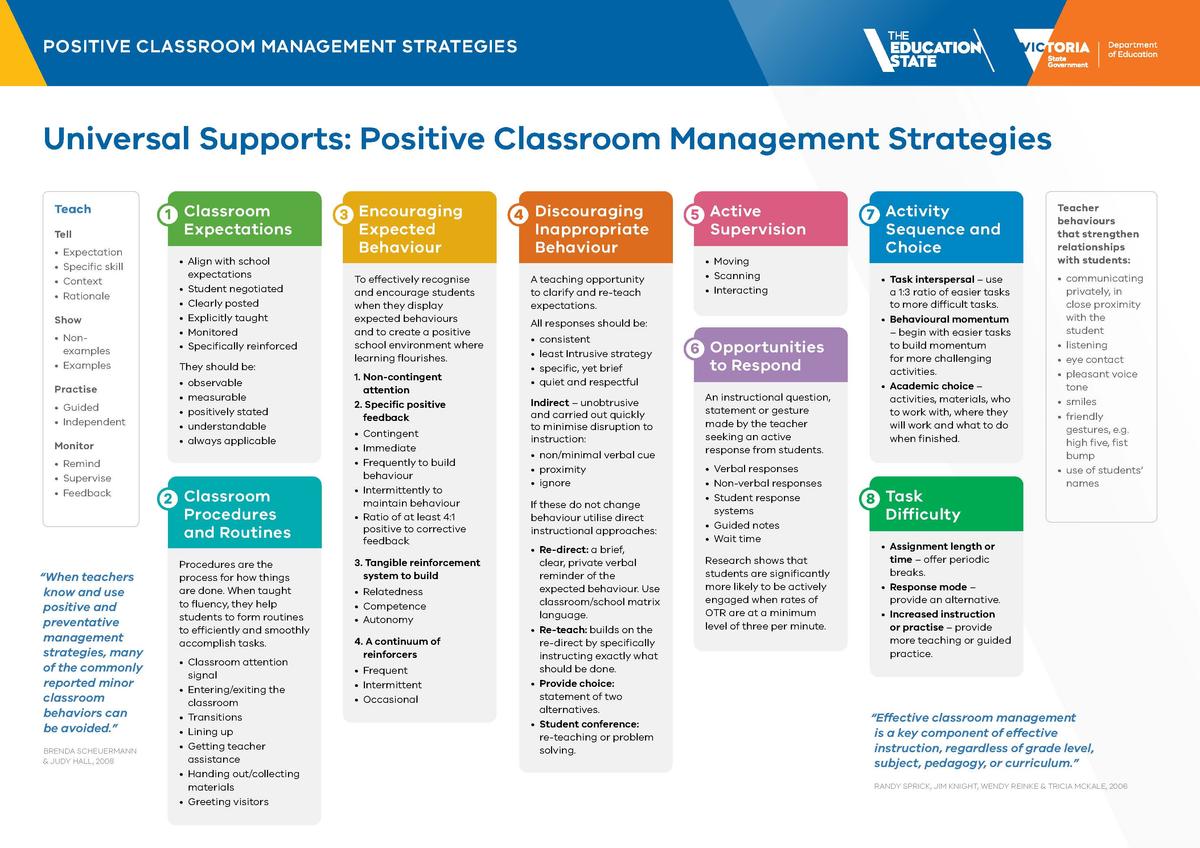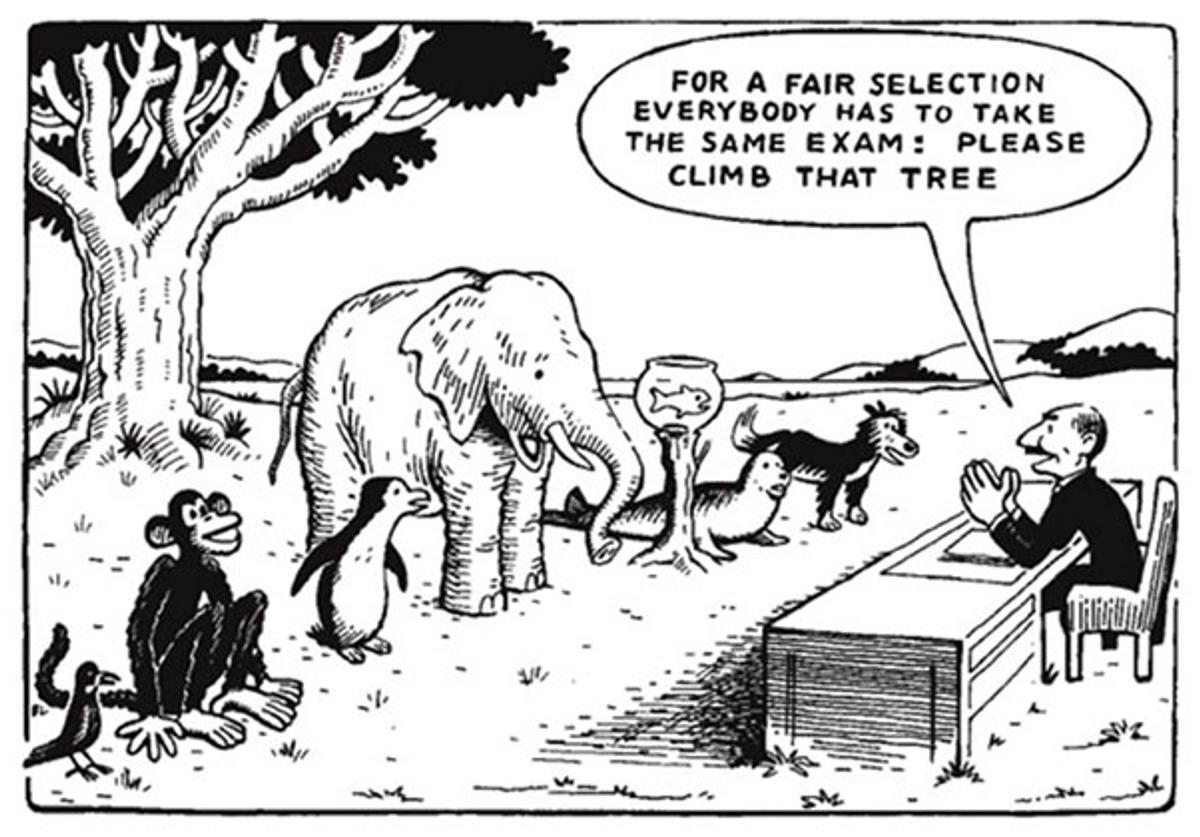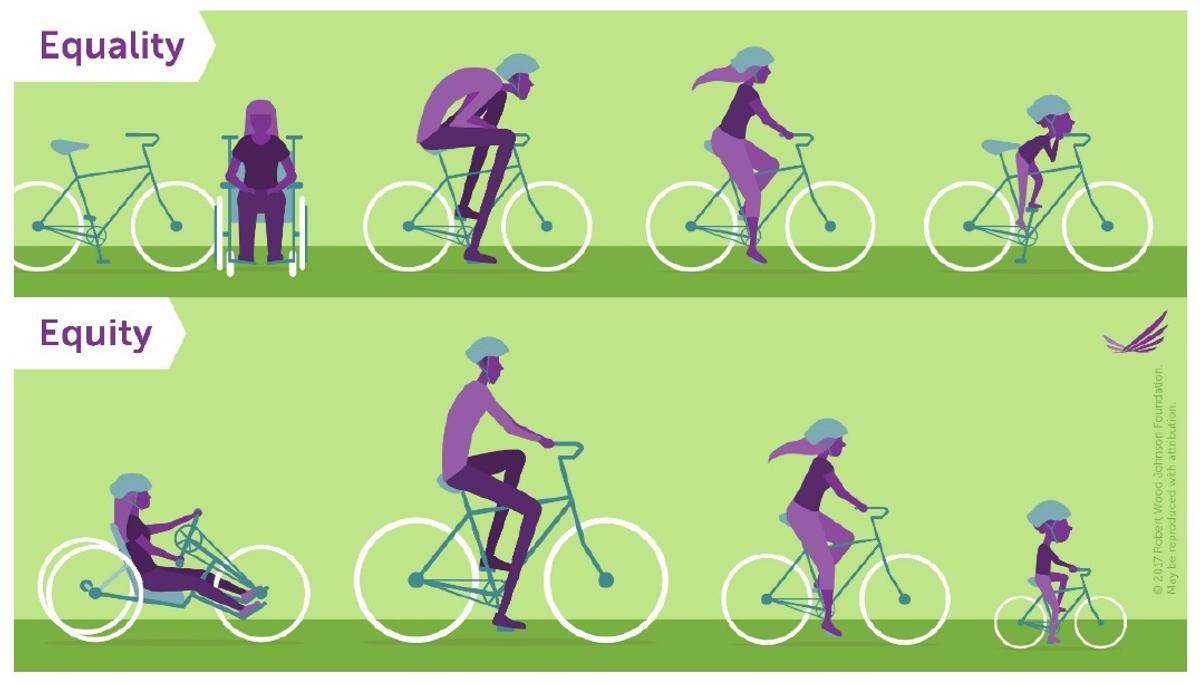Wellbeing
Fiona Dandie & Robert Pain

Wellbeing
Fiona Dandie & Robert Pain
Universal Teaching Supports: Positive Classroom Management Strategies (PCMS)
The Positive Classroom Management Strategies (PCMS) are 8 evidence-informed practices that create safer, more purposeful learning environments supporting student learning, wellbeing and behaviour. These practices support student learning and wellbeing through teaching positive behaviours.
The practices are based on the guiding principle that behaviour can be taught with explicit teaching and positive reinforcement, and disciplinary measures alone do not teach students what to do.
The PCMS are founded on the following guiding principles:
Behaviour can be taught. It is possible to teach alternative replacement behaviours to meet students' needs more appropriately.
This term, staff have undertaken some learning on understanding the PCMS, and how we can utilise each practice to create engaging and positive learning and wellbeing outcomes in our classrooms. This includes teaching staff completing self-assessment surveys on their own teaching practice in relation to the 8 PCMS. Below is a 'placemat' which gives a snapshot of each of the 8 PCMS. Staff will continue to develop their knowledge of the PCMS further in Term 4.


Fairness, Equity and Supporting Every Child
At school, we often hear children say, “That’s not fair!” when someone seems to get something different. As adults, we know that fair doesn’t always mean the same. In education, fairness is about making sure every child has what they need to learn, feel safe, and succeed. Sometimes that means giving extra help, tools, or adjustments to certain students – not because they are getting “more,” but because they need something a little different to reach their potential.


Think of it like glasses. Some people need glasses to see clearly, while others don’t. The glasses don’t give those children an advantage; they just help them to see the board as well as everyone else. Similarly, educational supports – such as quiet spaces, various learning materials, breaks or extra time – enable students to participate fully in class. These adjustments are about equity: ensuring that each child has the right supports to meet their individual needs.


As a school, we work hard to create an environment where every student feels valued, included and supported. When children understand that everyone learns in different ways, it helps build empathy, kindness and respect. Talking at home about how “fair” means getting what you need (not always the same as others) can help reinforce this important message.
How parents can talk about fairness at home